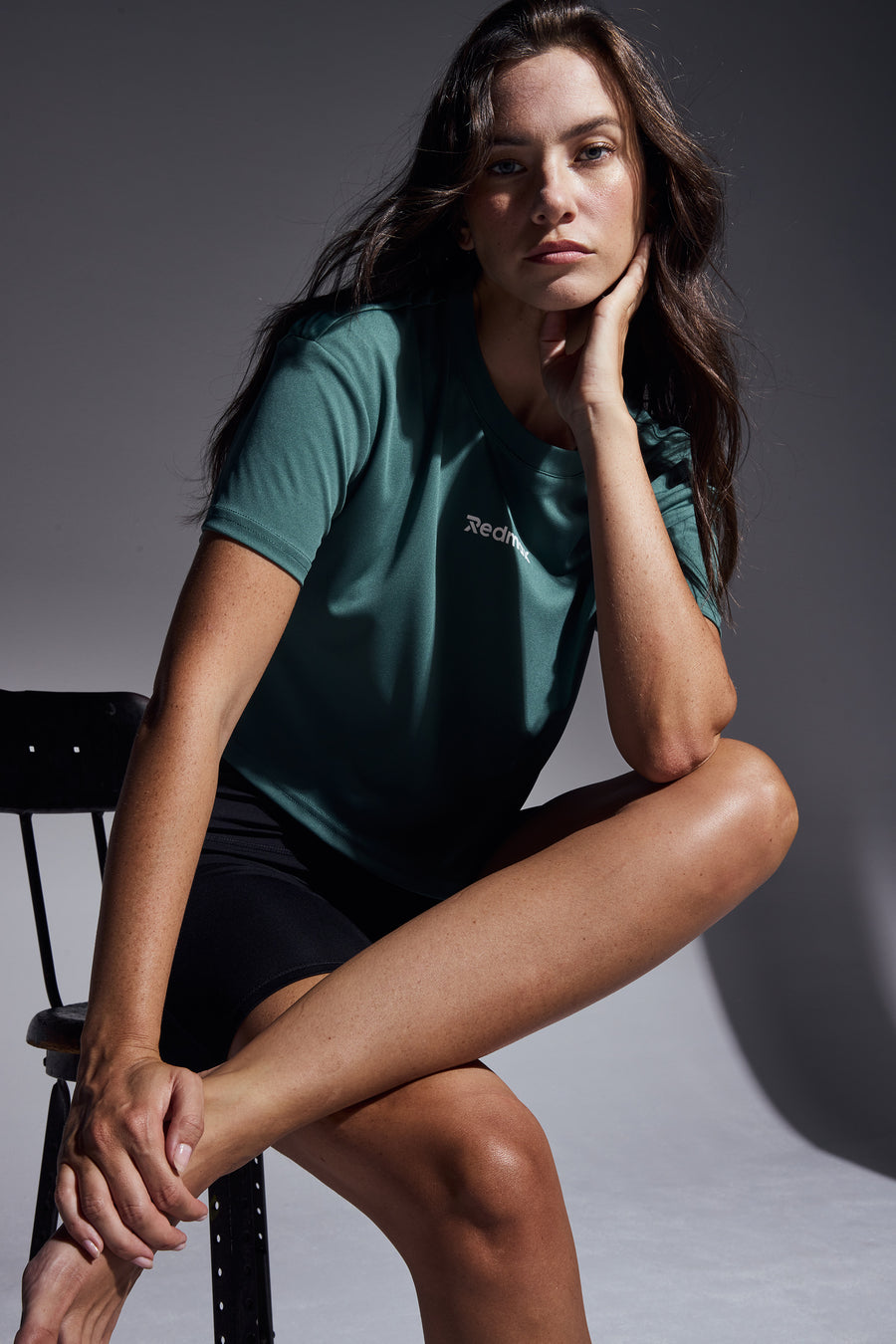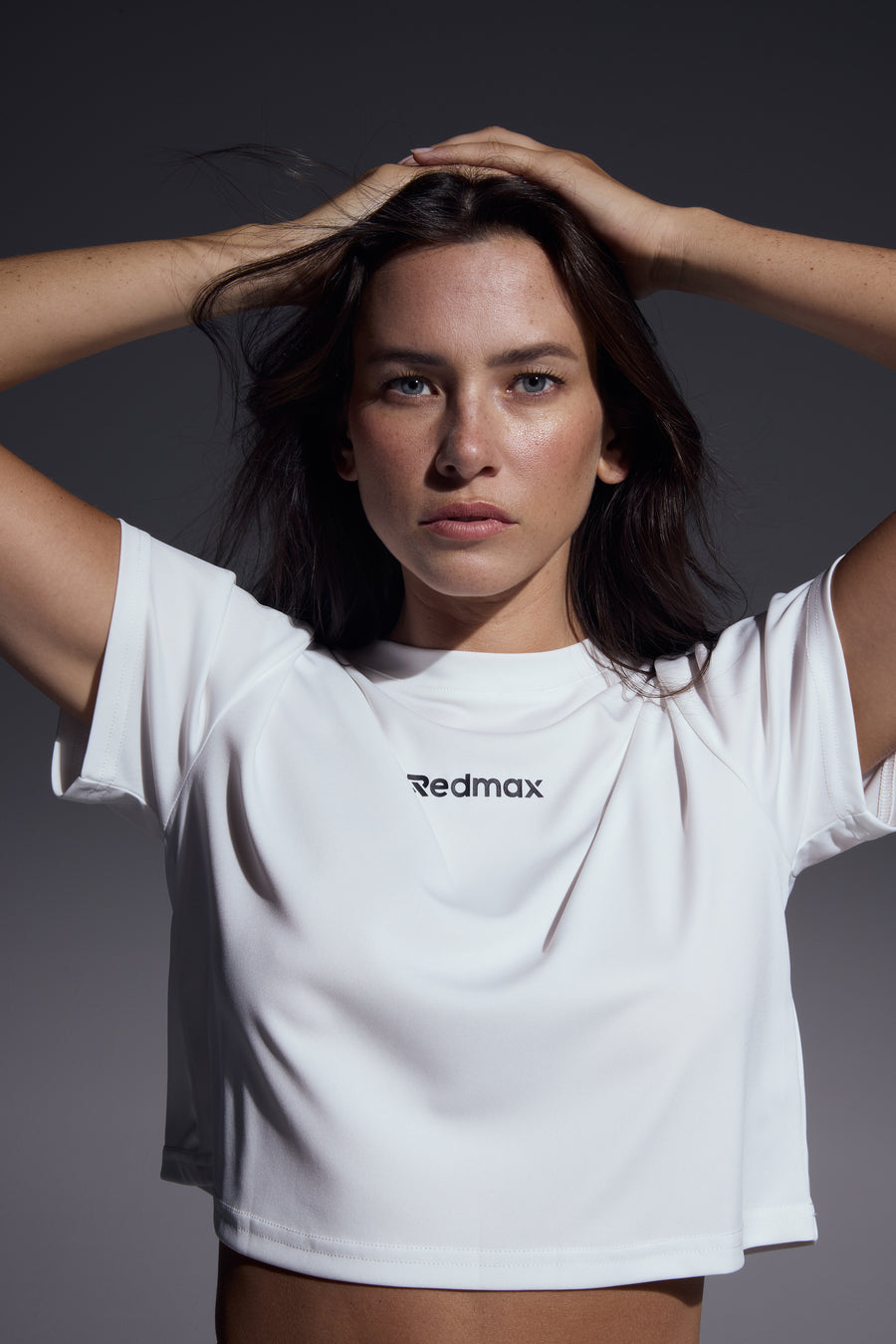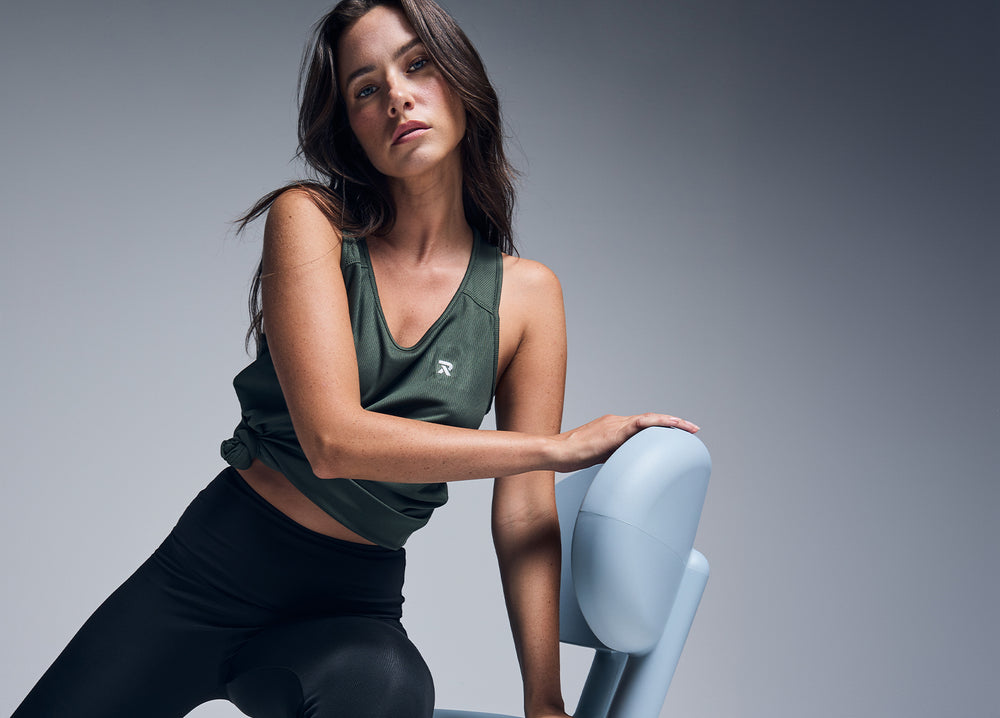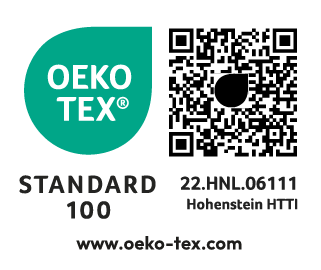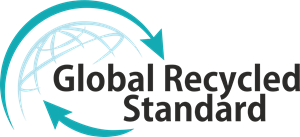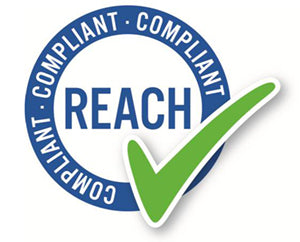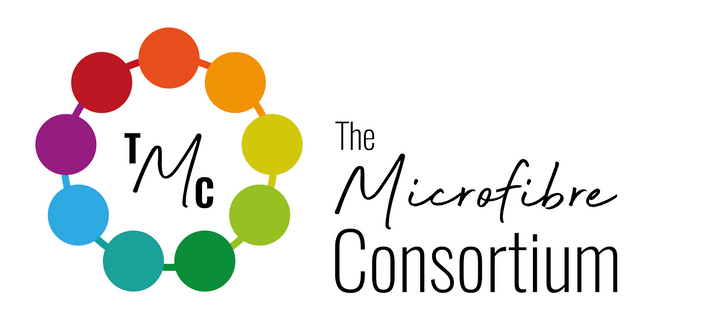If you want to make a difference, you need to do things differently.
At FashionPower we act in such a manner and do all things in a more sustainable way. Why? Because we value our people & planet.
We strive to avoid the exhaustion of natural resources in order to maintain an ecological balance. We only choose environmentally friendly solutions like the usage of used coffee grounds, dope dye and recycled polyester. We use coffee grounds waste product to add the following functionalities to our garments such as a higher UV-protection,
odour-reduction, dry-coolness and breathability.
Why use a chemical solution? We all know, nature knows best.
we are creating products That are made from:

COFFEE YARN
Coffee! We’ve been enjoying it for centuries.
But did you know you can also enjoy the benefits of your daily coffee long after you’ve drained your cup?
We use carbonised coffee grounds as a natural alternative to chemicals, by adding it to yarns or by treating fabrics, it enhances the functionality of our collections. It’s an ideal solution for activewear, outdoor clothing or corporate wear. These choices reduce the amount of chemicals we use and support the recycling process.
The added functional benefits of using carbonised coffee grounds are:
- Dry-Cool / moisture regulation
- UV protection / 40%- 50% UPV
- Odour control / 75% - 95% reduction
- Breathable
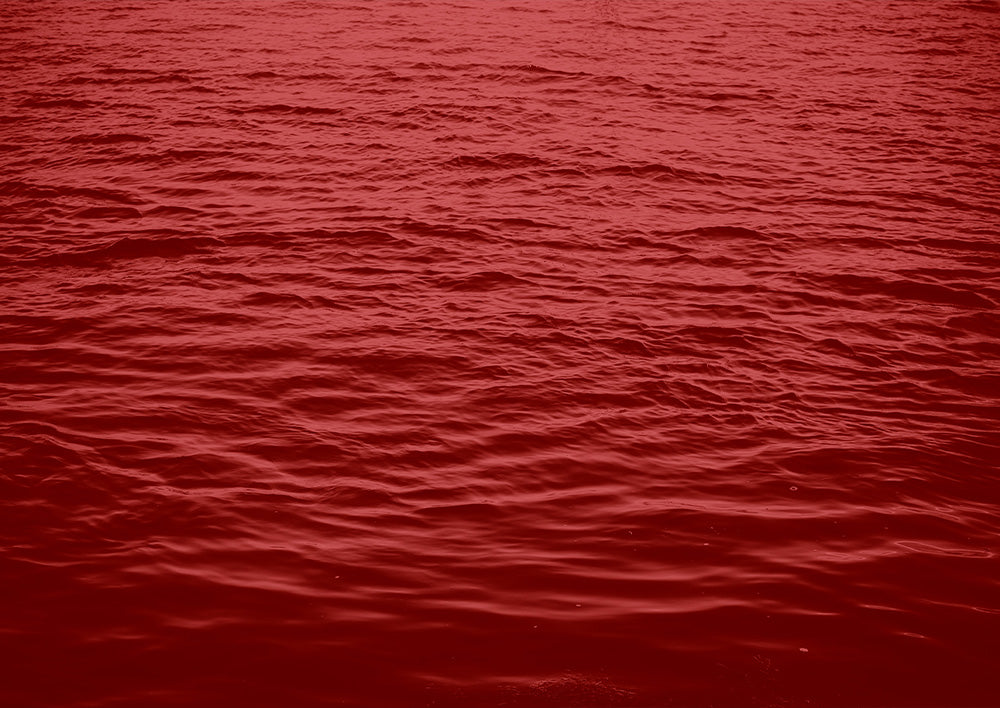
Dope Dye
One of the biggest causes of pollution within the fashion industry is the use of traditional dyeing methods. We want to change this. That’s why we use a colouring technique called dope dye.
In dope dyeing, colour pigments and polymer pellets are combined using heat and melted directly into the yarn as it is spun.
We use the Dope Dye method to add colour to our products with a beneficial effect that the actual colour will not fade, even after numerous times of washing.
Dope Dye uses 90% less water than the technique used to dye cotton, and 50–60% less water when compared to other traditional dyeing methods. It reduces CO2 emissions by 60% and uses 60% less energy and chemicals.
The dope dye process has significant eco-friendly advantages over traditional techniques:
- Requires almost no water
- Produces no chemical-laden wastewater
- Uses less energy
- Uses 60% less chemicals
- Reduction of Co2 emission
- Enhances colour fastness
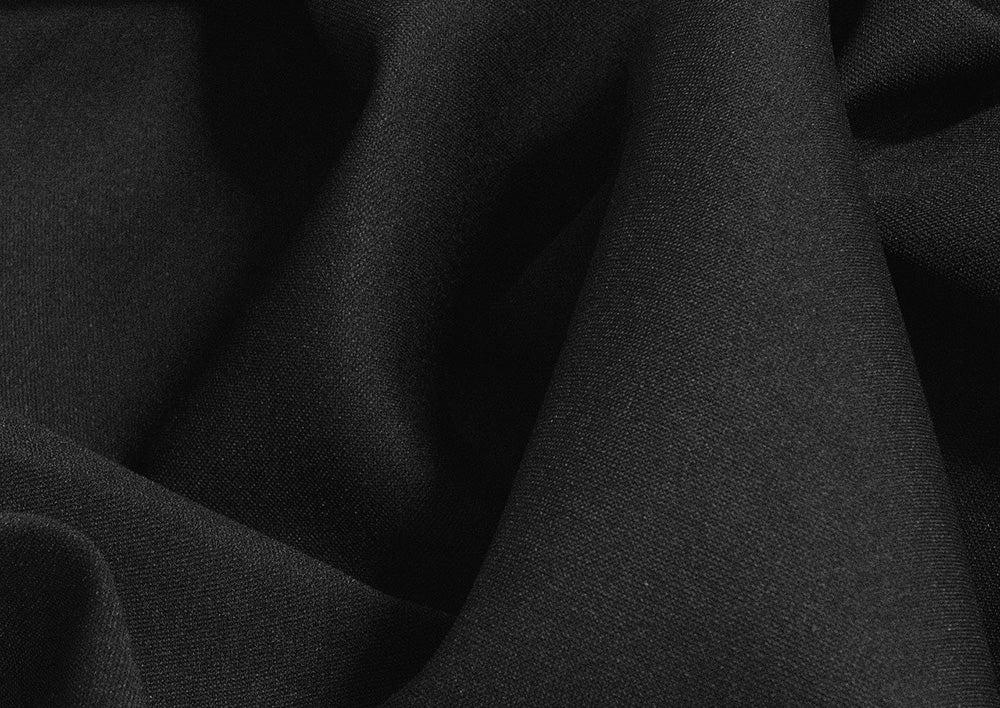
RECYCLED POLYESTER
We’re all familiar with the look, feel, and quality of polyester. Functional polyester is the perfect fabric for high-quality sportswear.
Polyester made from plastic bottles and waste fabric can also be used to make new functional sports and corporate wear. Doing this helps to reduce the “waste mountain”. And what’s more, this method doesn’t require the use of large amounts of oil. The resulting fabric is no different from regular polyester – it looks and feels the same. All our recycled polyester garments are GRS certified.
The use of recycled polyester helps to reduce:
- The “ Waste mountain ”
- Co2 emissions
- Energy consumption
- Oil consumption

circular
We want to reduce the use of fossil grounds, minimize waste and environmental impact. When start designing we look for longevity and recyclability; one product should become a new product in future. Our products can be recycled, the consumer should bear this is mind when the item is finished for use.

ESG policy
We are a responsible partner to our suppliers and employees. We are committed to creating the best conditions for all our stakeholders by meeting the goals set out in our environmental social governance policy.
This policy contains four key pillars that underpin our strategy:
– Monitoring for continuous improvements
– Quality control
– Chemical compliance
– Continuous improvement of social circumstances according to AMFORI standards.
These four pillars form the main framework for implementing our ESG policy. They focus on what we see as our most important ESG responsibilities:
We are a responsible and sustainable company that follows the UN SDGs. We operate with care for Planet, People, and Prosperity, and we place particular emphasis on Partnerships.
We demonstrate our commitment to the manufacturers we work with by complying with our ESG standards throughout the supply chain.
We promote shared responsibility.
We and our partners ensure that wages, social benefits, and working conditions are in line with local legislation and as defined by the ILO (International Labour Organisation).
We manufacture in accordance with FashionPower standards and have a clear focus on continuous improvement.
WE FEEL RESPONSIBLE. WE ACT SUSTAINABLE.
We feel a high responsibility towards creating a more sustainable future for our next generations.
We have defined clear goals towards creating this future.
We see a future in which natural resources are less replenished and used more effectively,
human rights are respected and the increase of human well-being is realized.
We work hard to realize this vision. We believe that we can play an important role in the necessary change of the garment producing industry. We choose sustainable resources and production processes for our brands. We ensure we comply with REACH’s, OEKO-TEX® and Amfori rules and legislation to ensure the production of our items in the most sustainable manner.
REACH (Registration Evaluation Authorization and restriction of Chemicals)
Serious problems caused by harmful substances in toys and other devices, called for a common approach and adequate legislation of goods entering the European market, years ago.
This was the start of what is now called REACH. REACH’s aim is to protect the human health and environment through better and earlier identification of the intrinsic properties of chemical substances. The REACH Regulation places responsibility on the industry to manage the risks from chemicals and to provide safety information on the substances.
Today REACH is a database where you can find information on materials that are not allowed to use in
the European market.
OEKO-TEX®
Over the years not only the use of harmful substances in products has been reduced but the development of sustainable materials for sustainable clothing has increased enormously. With these developments, a need for a standard to measure arose.
OEKO-TEX® is a highly recognized institute and their STANDARD 100 label provides a standard to confirm that no harmful substances are used.
If clothes carry the STANDARD 100 label, you can be certain that every component of this article, every fabric, thread, button or other accessories, has been tested for harmful substances and that the article therefore is harmless in human ecological terms.
The test is conducted by OEKO-TEX® partner institutes, on the basis of extensive criteria which can be found on the OEKO-TEX® website. In the test they take into account numerous regulated and non-regulated substances, which may be harmful to human health. The criteria catalog is updated at least once a year and expanded with new scientific knowledge or statutory requirements
In Appendix 6 of the STANDARD 100 by OEKO-TEX®, the criteria have been made even stricter for various parameters of possible pollution. Through these extra requirements it also supports the coverage of the „ZDHC“ initiative and the „Detox Campaign“. All with the idea in mind that it is better to prevent than to cure.
These more strict requirements for substances in textile materials will result in an overall lower impact on the environment, workers and consumers.
We work with the Standard 100 by Oeko-Tex MRSL list to ensure that our products meet the highest requirements.
In addition, we only work with suppliers who also work according to this standard, and together we ensure more sustainable product use in the chain.
Amfori (BSCI)
In 2009 we joined the Business Social Compliance Initiative, as we believe in a joint approach of this matter. The general idea was that within 3 years 70% of all production units should be audited and steps were introduced to improve the social performance of our supply chain. As a group the members of BSCI developed a strong Code of Conduct with 11 major points. These range from fair remuneration to no child labour, along with a step-by-step approach that enables companies to monitor, engage, get empowered and receive support to put sustainable trade at the heart of their business.
Many retail and import companies joined BSCI, which was part of FTA (Foreign Trade Association), now the whole group has taken one name; Amfori. They want to develop a total platform in which also BEPI (Business Environmental Performance Initiative) takes part and other initiatives are invited to join.
GRS Label
For our recycled materials we use the GRS label. This label gives the certainty that the material is really recycled. Our partner Control Union checks the factory and its processes and certifies when all is according their standards.
The Microfibre Consortium
We joined the Microfibre Consortium. There is a big discussion about this subject, its is spread around the world from North- to Southpole, even in our lungs we carry them. Microfibre doesn’t come from polyester only, also cotton, wool and viscose after dying it is no longer biodegradable, the most found appears cotton residue.
MFC is examining the process and looking for consequences. They also test our products and advise us how to improve our materials.
EcoVadis
EcoVadis is the world’s most trusted provider of business sustainability ratings, intelligence and collaborative performance improvement tools for global supply chains. Backed by a powerful technology platform and a global team of domain experts, EcoVadis’ easy-to-use and actionable sustainability scorecards provide detailed insight into environmental, social and ethical risks across 200 purchasing categories and 160 countries. Industry leaders such as Johnson & Johnson, Verizon, L’Oréal, Subway, Nestlé, Salesforce, Michelin and BASF are among the more than 75,000 businesses on the EcoVadis network, all working with a single methodology to evaluate, collaborate and improve sustainability performance in order to protect their brands, foster transparency and innovation, and accelerate growth. Learn more on ecovadis.com
